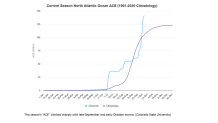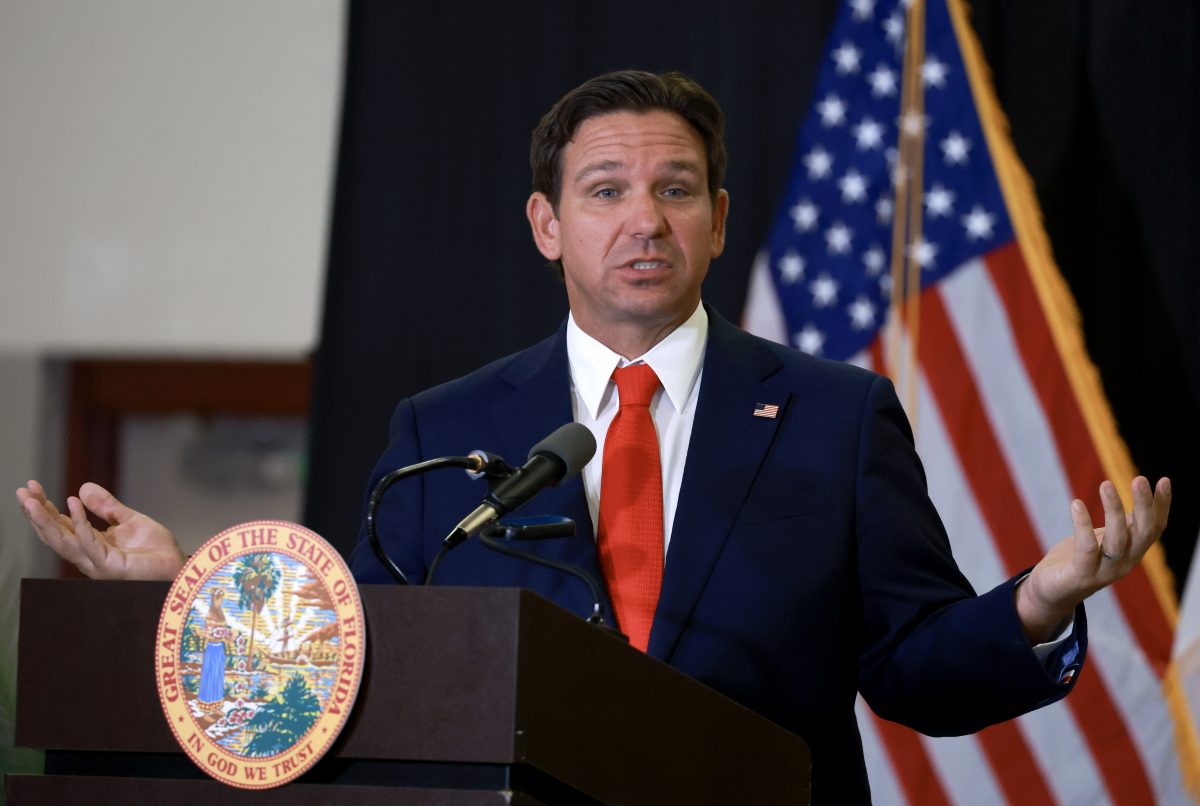Two major hurricanes, spaced by two weeks and two hundred miles, have tested nearly all disaster responses in Florida.
Moreover, the patience of residents dealing with a longwinded season is likely reaching a limit, too.
As debris clean-up and power restoration continues along Florida’s west coast, a necessary pause in the hurricane season has returned to the Atlantic.
HURRICANE SEASON
The Hurricane season is on. Our meteorologists are ready. Sign up for the NBC 6 Weather newsletter to get the latest forecast in your inbox.
As two additional development areas are being monitored by the National Hurricane Center, it’s hard to know just how long this break will last.
The season has already produced 13 named storms, 9 hurricane and 4 major hurricanes. Of those storms, five have made landfall in the U.S. with three hitting Florida.
An immediate conclusion of hurricane season sounds like a wonderful idea at this point.
If we stopped the season today, we would readily characterize it as an “above-normal season” based on metric of ACE (Accumulated Cyclone Energy).
2024’s ACE value currently stands at 140.6, not too far from the threshold of 159.6 that would place it in the “extremely active" category. To accomplish that, a few more storms would have to develop that would be, either, long-lasting or of high intensity.
With about seven weeks left in the season, it’s difficult to count out the season that has already produced two Category 5 hurricanes with dumbfounding ebbs and flows of activity since mid-June.
With three storm strikes in the state of Florida this season, how the season is classified is not of importance. Ending it quickly is.
As South Florida awaits the first cold front of the season on Wednesday, it’s a sign that we’re slowly easing into our Fall. That step forward and an increased frequency of fronts (hopefully!) also helps to shut down the hurricane season.

But as we know, late-season storms can and do happen. Three examples that come to mind are 2005’s Wilma, 2020’s Eta and 2022’s Nicole. While these systems did not make landfall in South Florida, they delivered significant impacts to the NBC6 viewing area after mid-October.
While Wilma was the fiercest in terms of wind damage, Eta delivered flooding rains while Nicole produced significant beach erosion. One storm, many impacts.
For every day that passes, we are getting closer to the end of 2024’s final chapter…even if turning each page feels painfully slow.



